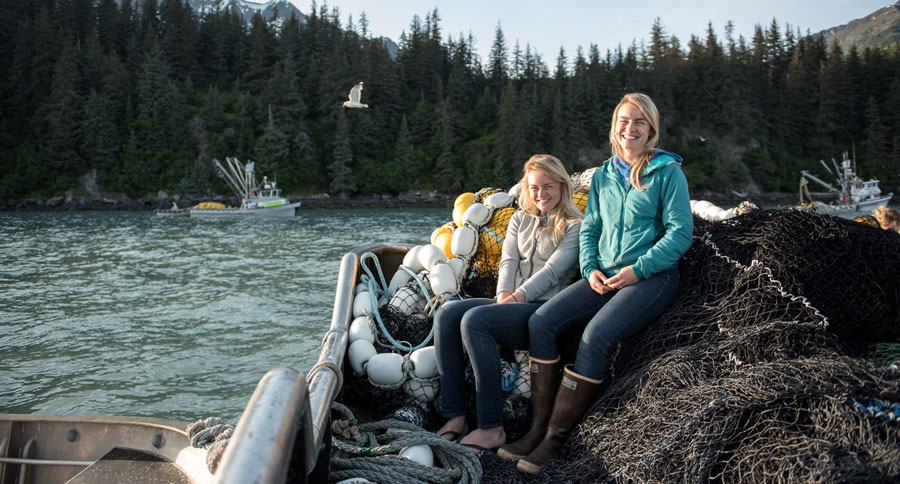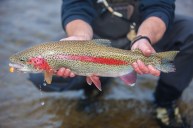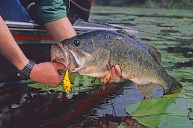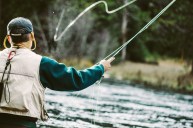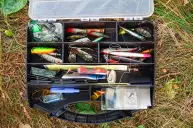One dynamic duo unquestionably exhibits the heart and soul of fishing.
Right about now, you can probably find sisters Emma Teal Laukitis and Claire Neaton somewhere off the coast of Alaska's Aleutian Islands.
It's pretty much always been that way, too. Their current daily routine isn't much different than it was when they were kids, as they were learning the discipline of baiting commercial fishing lines while other girls their age were going to summer camp.
And, while their parents supported them no matter what, to some extent the life on the sea would ultimately choose them.
Since they lived in such a remote part of Alaska, their parents didn't have the luxury of childcare, but they were both fishing permit holders.
So, while their parents started each day, the two girls would sit in the cabin—strapped into their life jackets—and read books, while salmon and halibut were hitting the deck just outside.
It's almost as if the sound of life slapping against fiberglass, the smell of freshly filleted fish and the chilly Pacific air all came together to create an obvious subliminal message.
The Salmon Sisters were watching as their destiny was written right in front of them.
By the time they were 13 and 14, they were spending entire summers on that same boat, each earning a crew share.
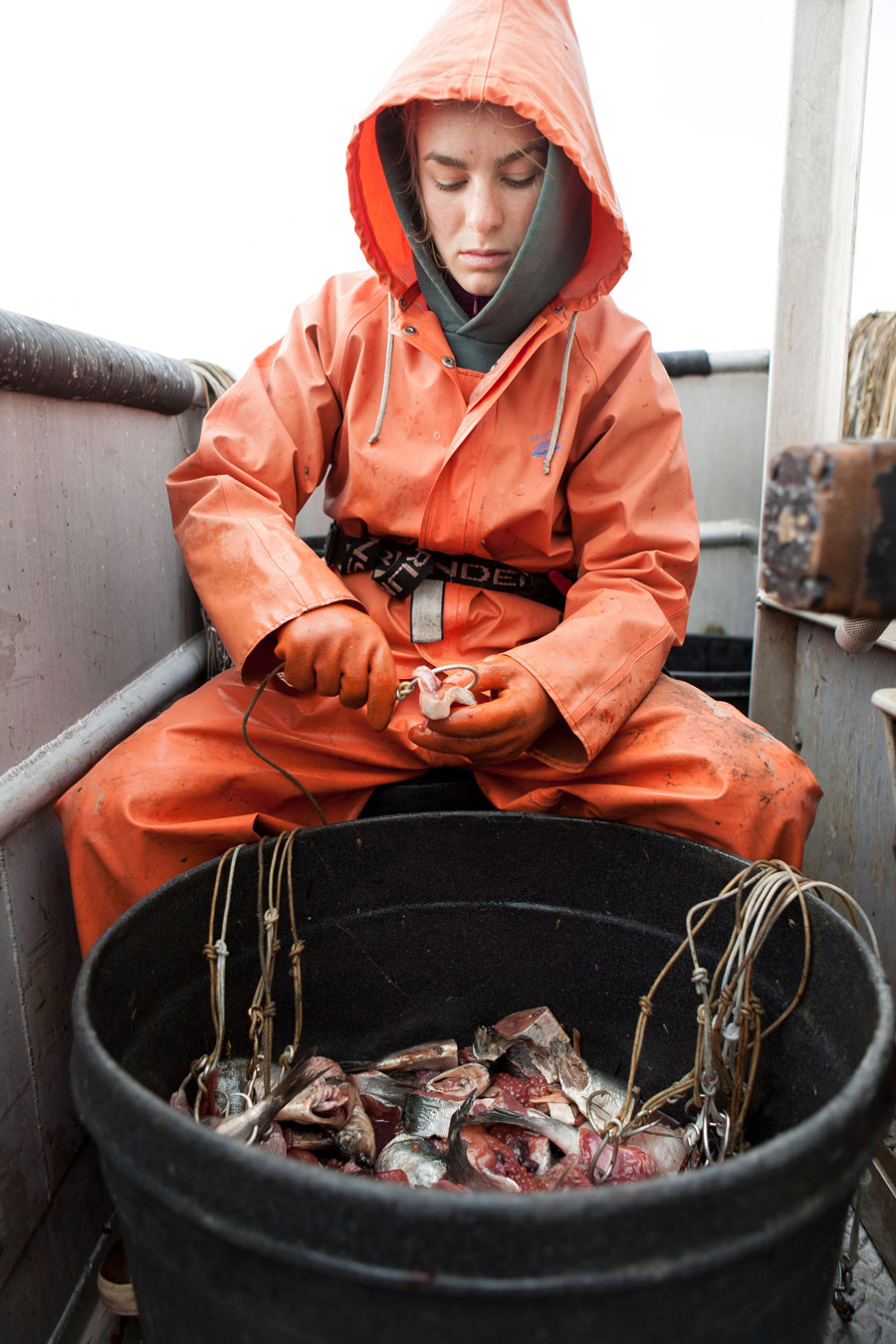
"Fishing gave us a sense of responsibility and financial independence at a pretty young age, which helped us to save money for college and to start out our businesses after college," Laukitis told Wide Open Spaces. "Fishing is also unique because it gives you the opportunity to work together as a family, and we're lucky to have grown up in a close working relationship with each other and our parents."
Today isn't much different, as both Neaton, 29, and Laukitis, 28, still wake up at 5:00 a.m. for a full day's work when salmon season is in full swing. However, despite the symmetry between their adolescent and adult lives, it hasn't been a completely straight shot.
Each went to college, as Neaton studied business and nutrition at the University of Vermont, and Laukitis studied English and art at Williams College and later mastered in design at the University of Washington.
Even though they both explored alternative career paths, they quickly realized they belonged on the water back in Alaska. So, they started brainstorming ways in which they could use their college degrees to better their fishing careers.
However, no one could've guessed their storied background would serve as a foundation for something even bigger than commercial fishing itself.
The sisters started a small side project the two would work on during the winter months. Laukitis would make designs of fish they caught in Alaska and print them on T-shirts and hoodies. Their friends started wearing them first, but it wasn't long before strangers started noticing them and asking for their own, ultimately prompting the sisters to build a website.
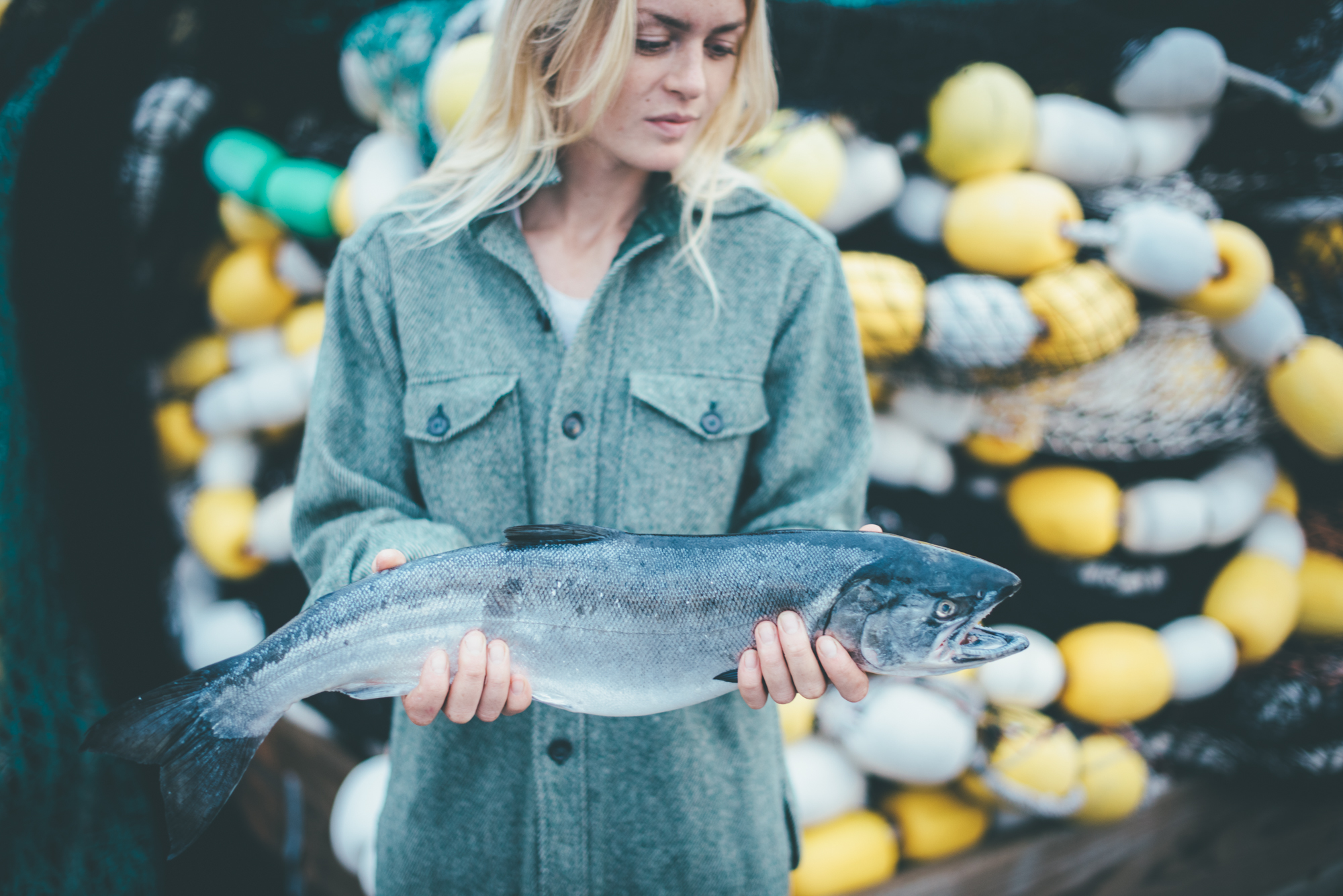
"We slowly built a site, streamlined our printing process, and figured out our margins," Laukitis said. "We're still working on making a smarter business all the time, but we realized Salmon Sisters was viable when we saw the strong reaction from our community of fishermen and felt the support of both people in our industry and people who weren't intimately connected to fishing. The value of our business and our messaging seems to have touched many people."
They've come a long way as a result of their efforts to consistently improve, now boasting three storefronts and more than 60,000 followers on Instagram. They've become a staple within the fishing community, cornering the market for women's fishing apparel and mastering the art of new-age marketing.
The Salmon Sisters train doesn't look to be slowing either, as business is booming and Laukitis and Neaton are doing what they were seemingly born to do.
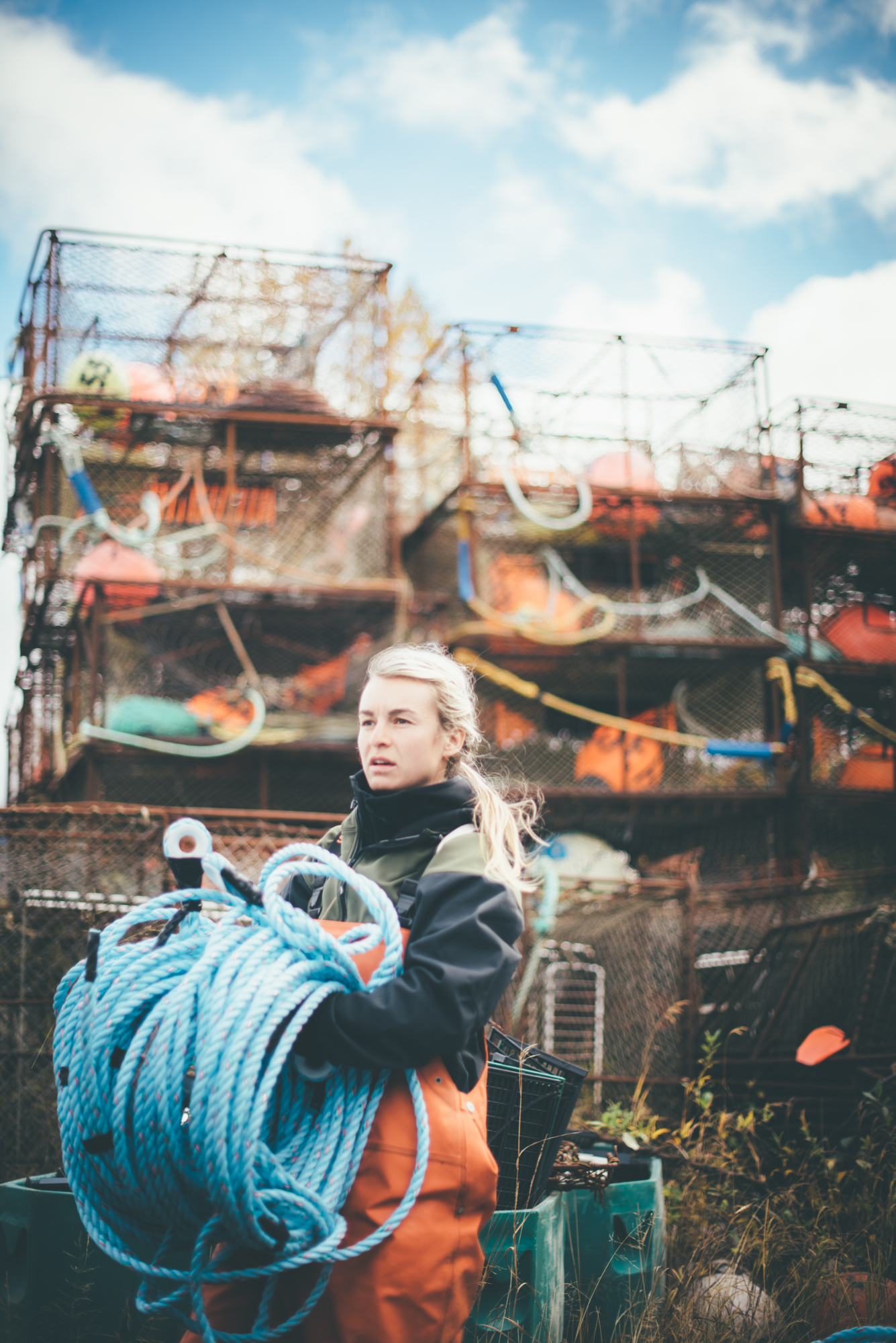
Not only are they living the life they love most, but they're also effectively making a difference, as they donate 1 percent of their sales to the Give Fish Project, which donates wild Alaska seafood to the Food Bank of Alaska.
"We're proud of the work we do in harvesting healthy seafood from responsibly managed Alaskan fisheries," Laukitis said. "This is a way of life in Alaska more than it is a job. People migrate with the movement of fish swimming back to their home streams each summer. Families harvest fish together, and depend on fish for both tradition and sustenance. This life is fulfilling in so many ways, and we could never imagine another way to feel this connected to our environment."
Salmon Sisters now sells apparel for both women and men, as well as deck boots, paper goods and home products, which you can browse here. Additionally, they've started selling frozen seafood, specifically halibut, Pacific cod and sockeye salmon, all of which you can see here.
NEXT: A HUNTER'S OPEN LETTER TO ANTI-HUNTING ACTIVISTS
WATCH
https://rumble.com/embed/u7gve.v3tsdx/
